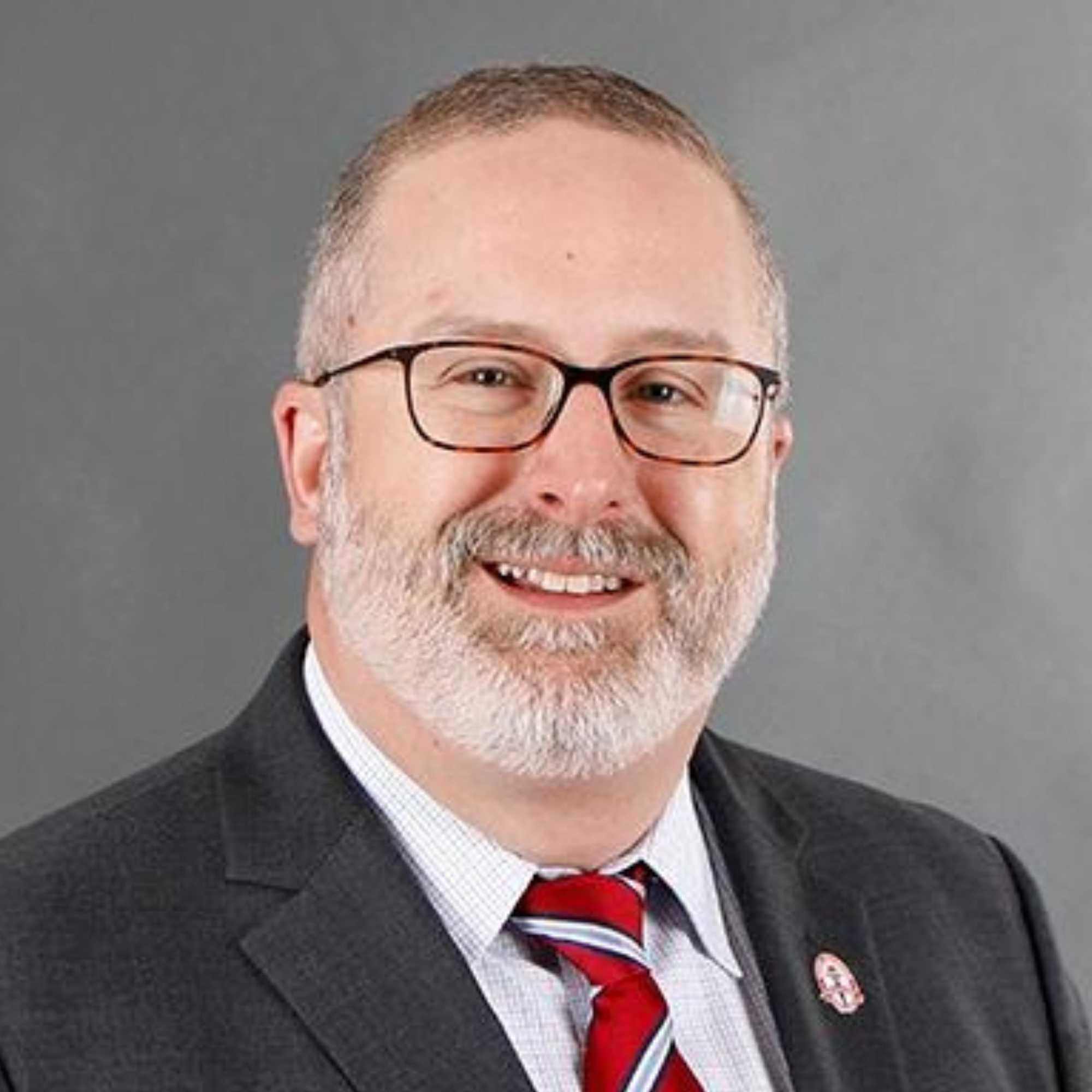This month marks the 15th anniversary of the publication of “The Manhattan Declaration: A Call of Christian Conscience.” Three lions of social conservatism drafted the document: the late Charles Colson, Timothy George, and Robert George. Almost 150 leaders from various Protestant, Catholic, and Eastern Orthodox traditions were charter signers of the declaration. Eventually, more than 550,000 individuals added their signatures.
The Manhattan Declaration focused upon three issues that were under assault in American society in 2009: the sanctity of every human life, a Biblical understanding of marriage, and religious liberty for all people. The statement addressed these issues from the complementary standpoints of Scripture, the Great Tradition of Christian doctrine and ethics, and human reason. In addition to a brief exposition of these priorities, the declaration issued a call to action.
The signers confessed, “We are Christians who have joined together across historic lines of ecclesial differences to affirm our right—and, more importantly, to embrace our obligation—to speak and act in defense of these truths. We pledge to each other, and to our fellow believers, that no power on earth, be it cultural or political, will intimidate us into silence or acquiescence. It is our duty to proclaim the Gospel of our Lord and Savior Jesus Christ in its fullness, both in season and out of season. May God help us not to fail in that duty.”
Since the rise of the religious right in the mid-1970s, many evangelicals have been willing to engage in strategic “cobelligerency” with non-evangelicals to promote socially conservative values in the public square. The Manhattan Declaration proved an important moment in the history of evangelical cobelligerency for two reasons. First, it brought together a wide variety of professing Christians with common concerns. Second, it focused Christian activism on three interrelated issues that are under constant assault in an increasingly post-Christian society.
The Manhattan Declaration proved controversial in some quarters. Many evangelicals bristled at the assumption that the traditions represented shared a common understanding of the gospel. This is a reasonable concern. As I observed in a column on Reformation Day, evangelicals and Catholics remain divided on the key issues that divided Christendom in the 1500s, including how best to understand the doctrine of salvation. However, as I also wrote at the time, evangelicals should appreciate opportunities to work together with Catholics to promote authentic human flourishing in a decadent society. The same could be said of the Eastern Orthodox.
Click Here to Read More (Originally Published at World Magazine)
Nathan is a professor of faith and culture and directs the Institute for Transformational Leadership at North Greenville University in Tigerville, S.C. He is a research fellow for the Ethics and Religious Liberty Commission and is senior editor for Integration: A Journal of Faith and Learning. He also serves as teaching pastor at the First Baptist Church of Taylors, S.C.

